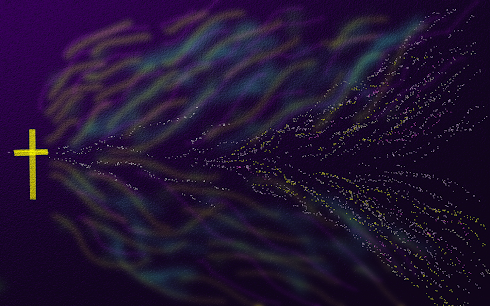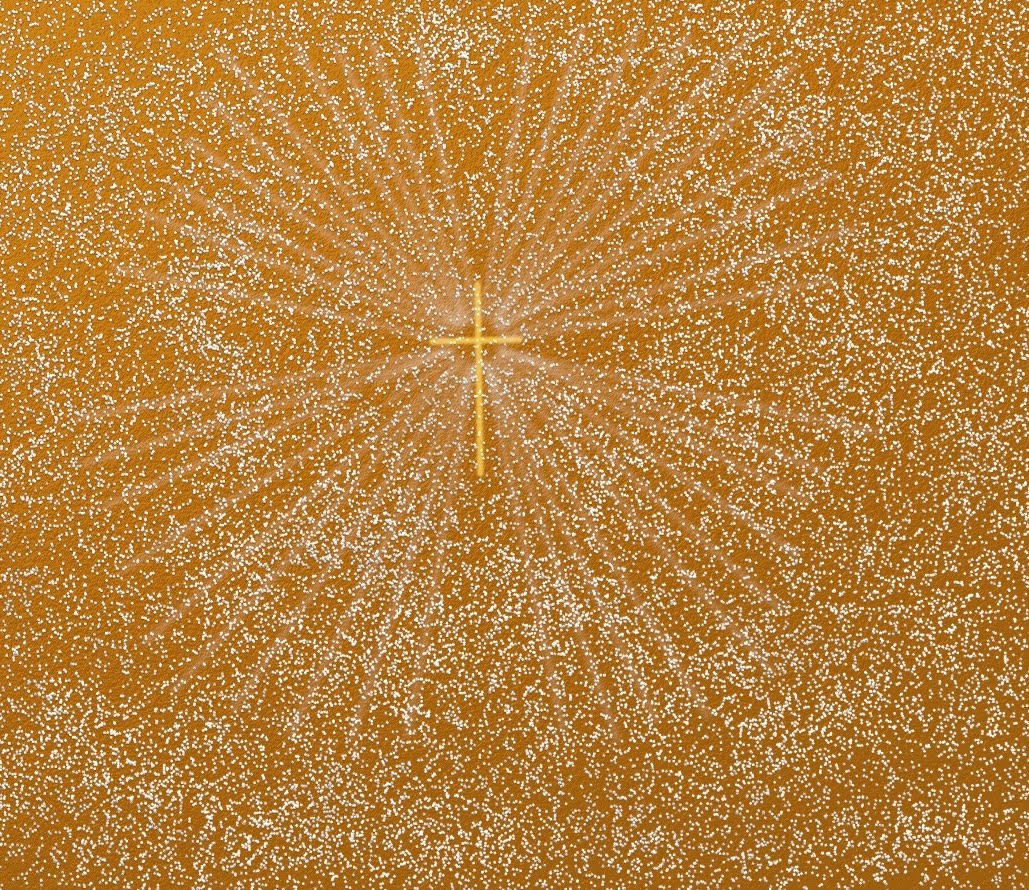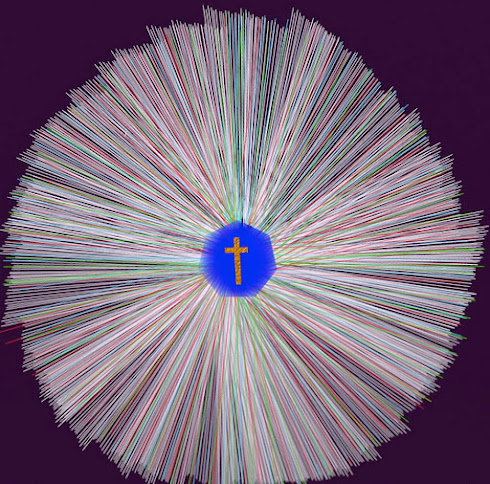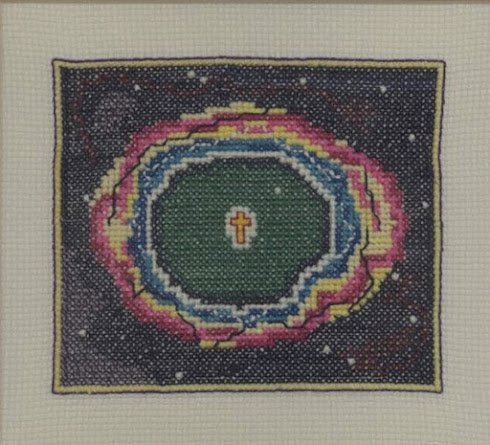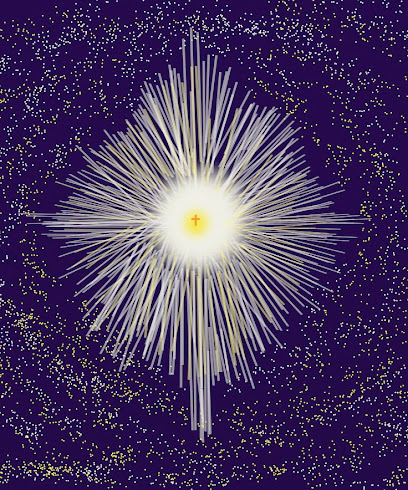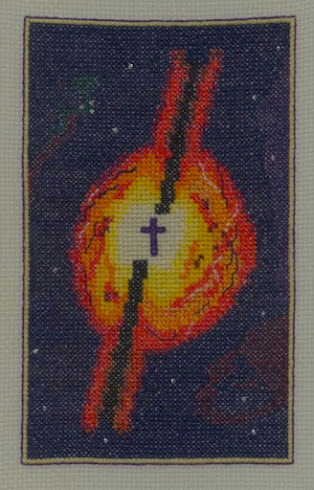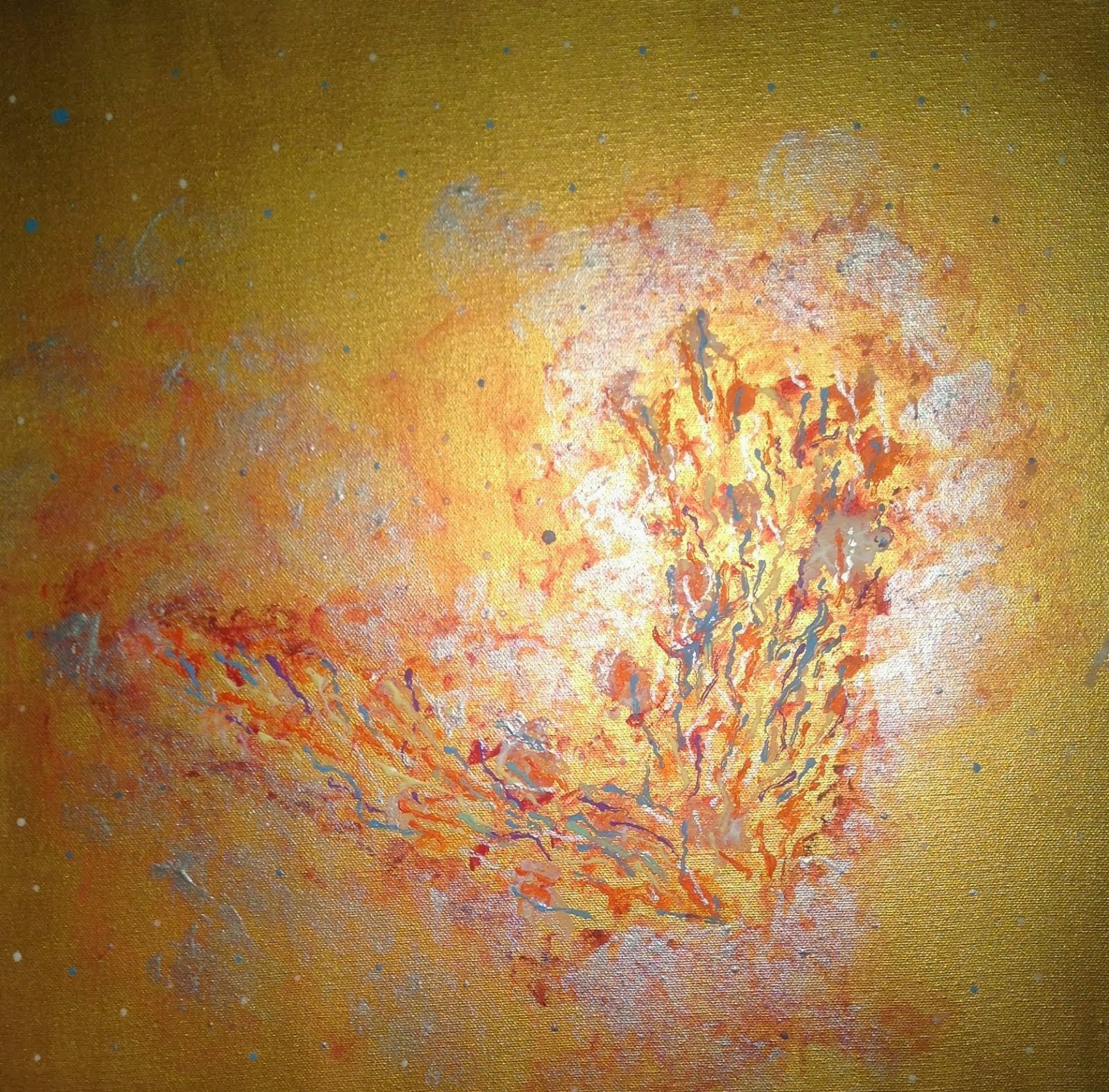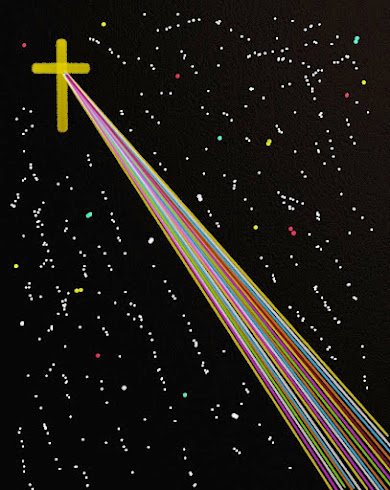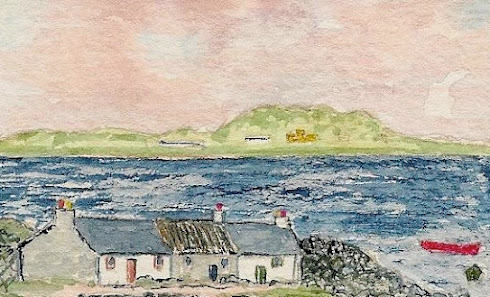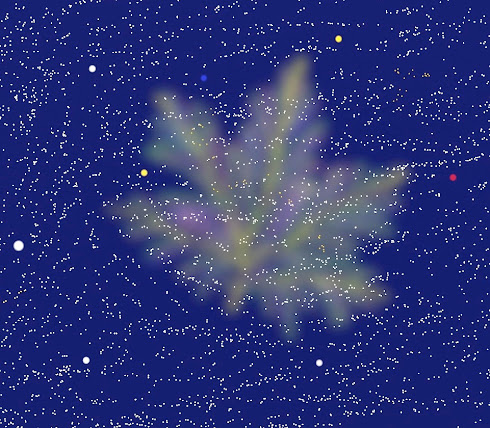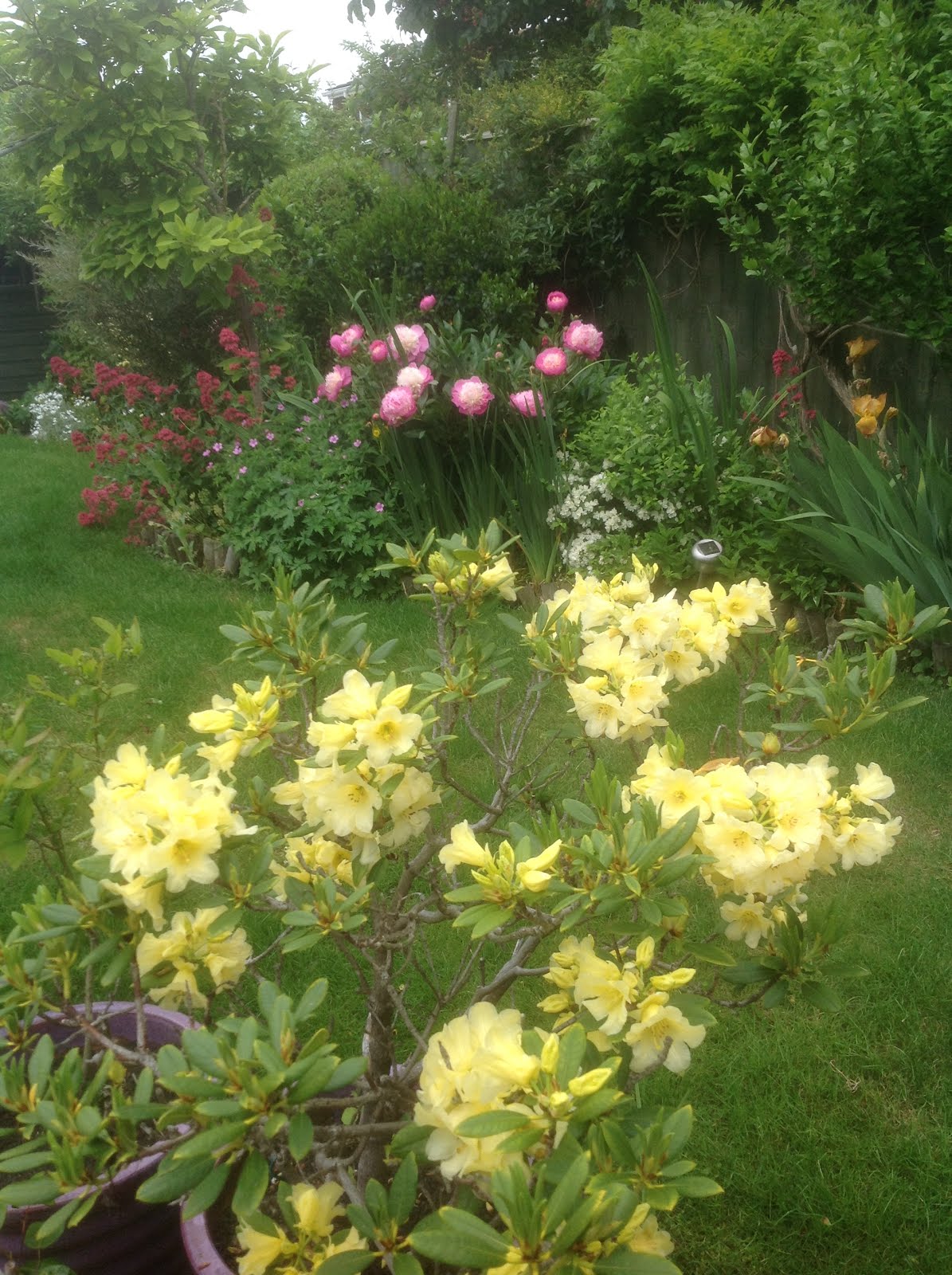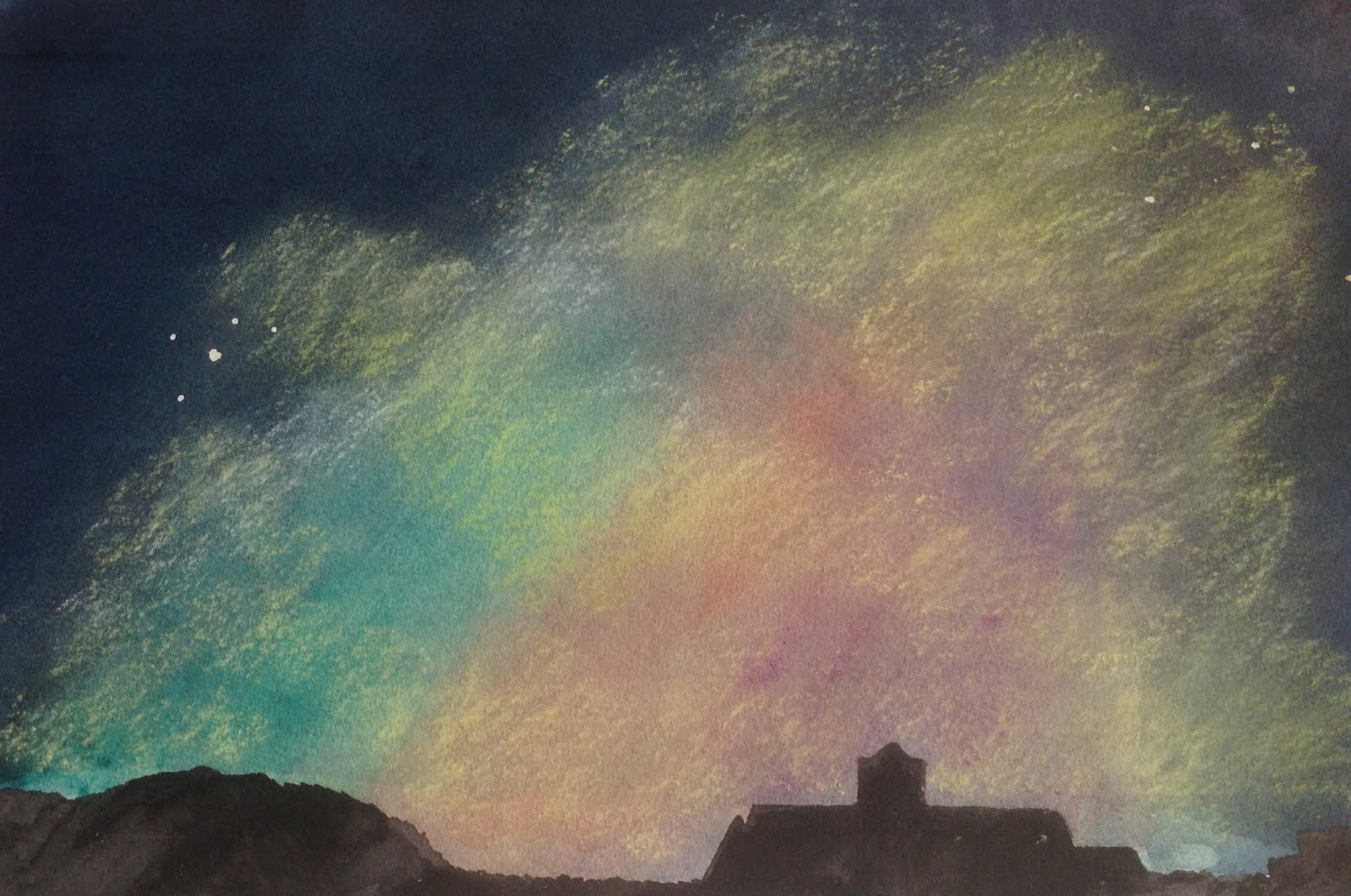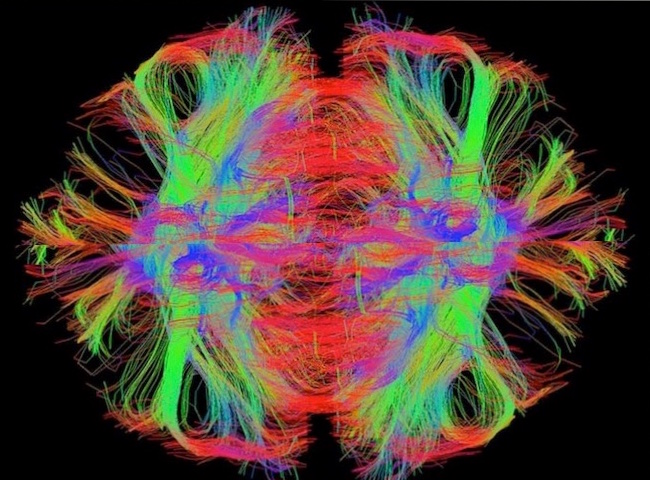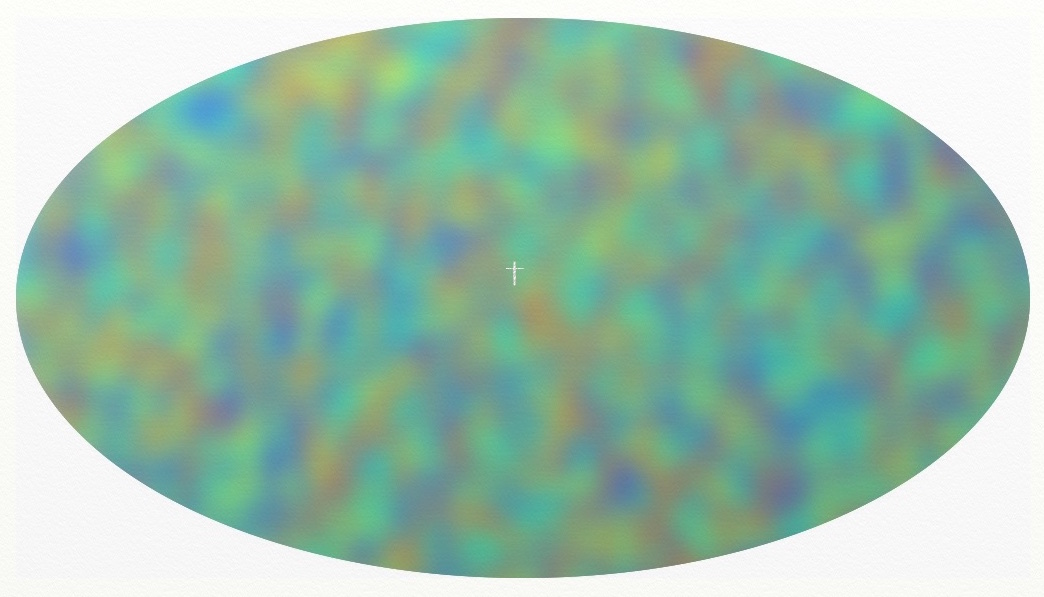In the early weeks
most of the country heard the dawn chorus.
For a multitude, this daily song of nature,
praising its creator,
surprised, amazed and delighted
those who normally woke
to engines revving, tyres squealing,
the cacophony of garbage collections,
and a symphony of last night’s bottles
shuddering their way to recycling
or worse, to landfill.
Who knew? who cared?
The industrial day had begun.
In those extraordinary days,
the air felt pure as it drifted
across the silence,
giving just a hint of what
might be to come
if this foreshadowed
the death knell
of life-limiting fossil fuels.
Killers supplanted by
hydrogen drawn from the
untainted, exquisite air:
electrons excited by
untrammelled access to the sun:
pure white blades
of turbines
drawing their power
from unpredictable movements
of air over land or sea.
In the later weeks
those thrilling awakenings
frequently gave way to anxiety.
How long can this interlude last?
how can I survive it? physically, mentally.
My underpaid job may no longer exist!
how will I find food for my children?
The unlooked-for shock
of foodbank dependency.
In those rarified days
the whole world
glimpsed a future,
sadly built on lives
of many who would not see it,
having succumbed
to the unseen killer
laying-in-wait in too many
everyday places;
striking mainly, with ruthless efficiency
at the disadvantaged
the already vulnerable and those
who bravely gave succour
to the worst afflicted.
Might the memory of these martyrs
long outlast the trauma
of this pandemic,
and be a focus for the gratitude of many,
nursed back into life to engage with
a strangely altered world
with huge renewable opportunities.


